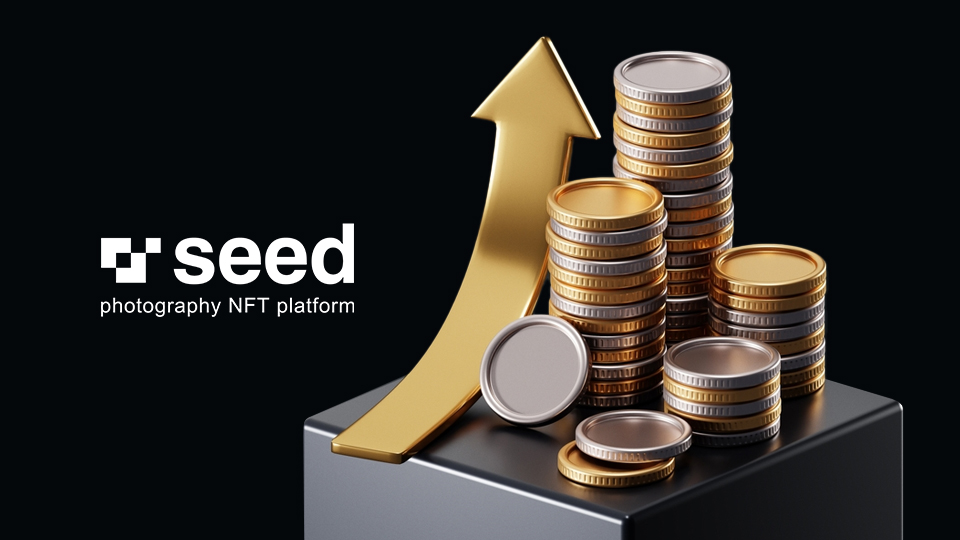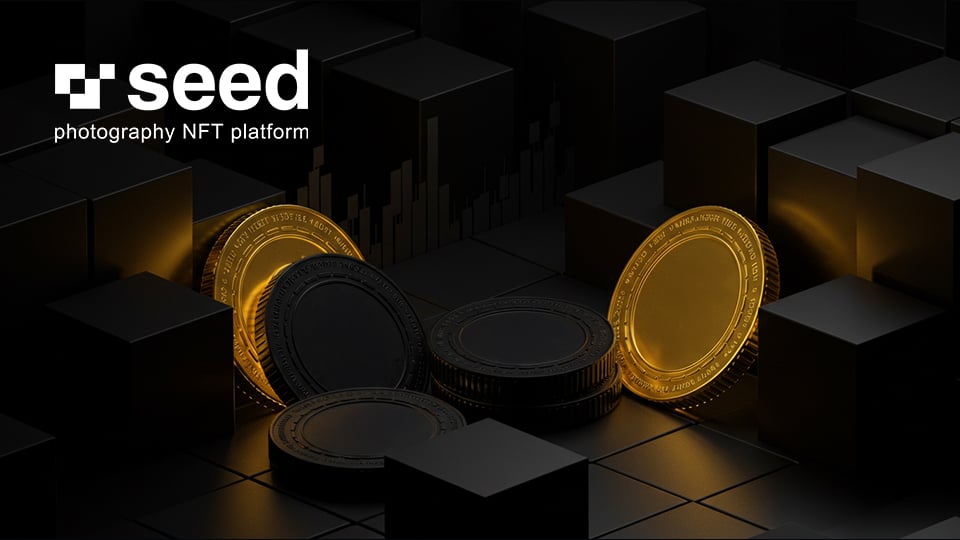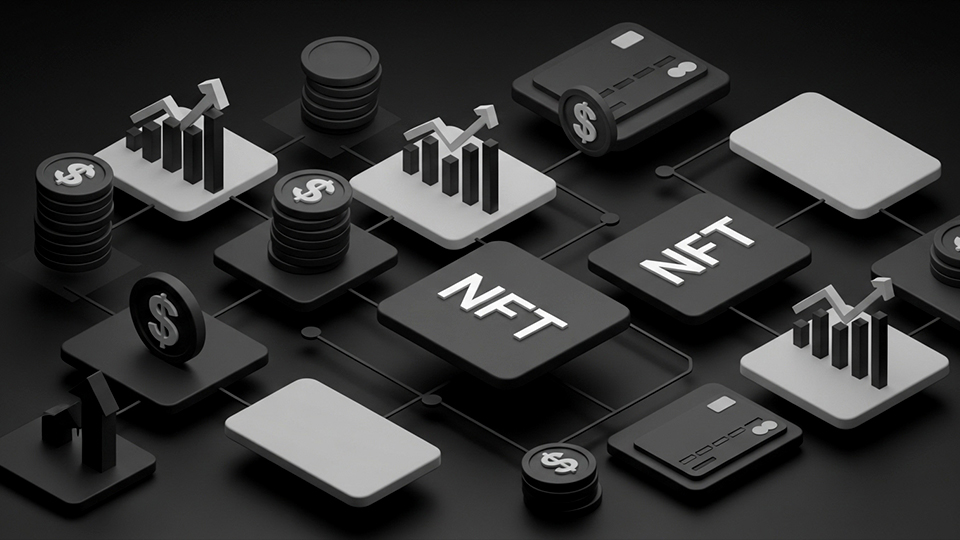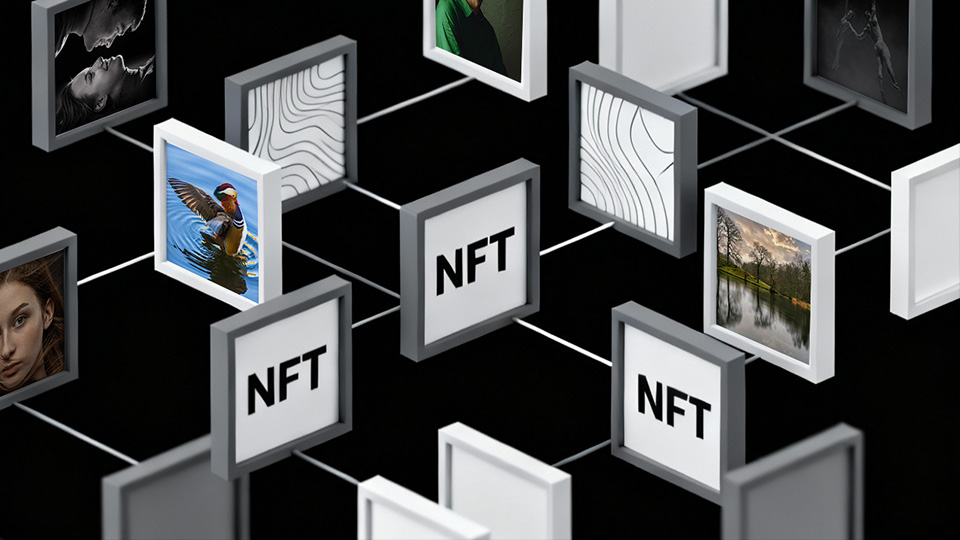Token Before Investment: What You Need to Know
Evaluating a Token Before Investment
Investing in tokens has become a popular way to participate in the rapidly evolving space of blockchain and cryptocurrency. However, before committing your funds, it’s crucial to understand the fundamentals of tokens, their utility, and the potential risks involved. The crypto market can be highly volatile, and without proper knowledge, investors may face significant losses. Therefore, taking the time to research and evaluate a token before investing is essential for making informed decisions.
What is a Token?
A token is a digital asset issued on a blockchain, often representing ownership, utility, or access to a specific service. Tokens can be categorized into different types, each serving distinct purposes:
- Utility Tokens – These provide users access to a product or service within a blockchain ecosystem. Examples include Ethereum-based ERC-20 tokens used in decentralized applications.
- Security Tokens – These represent ownership in an external asset, such as stocks or real estate, and are subject to regulatory oversight.
- Governance Tokens – These allow holders to participate in decision-making processes within a decentralized project.
- Stablecoins – Designed to maintain a stable value by being pegged to a fiat currency or other assets, reducing volatility.
Understanding the token’s category helps investors determine its potential use case and long-term viability.
Key Factors to Consider Before Investing
- Purpose and Utility
Understand what the token is designed for. Does it provide access to a platform, represent an asset, or facilitate transactions? Evaluate whether it has real-world use cases or if it exists purely for speculation. - Tokenomics
Examine the supply and demand of the token, including its total supply, distribution model, and inflation rate. Limited supply and strong demand can contribute to price appreciation, while excessive token issuance may lead to devaluation. - Project Team and Roadmap
Research the team behind the project. A strong team with a clear vision and roadmap increases the chances of long-term success. Look for transparency, experience, and the involvement of reputable advisors. - Security and Regulation
Ensure that the token complies with regulatory standards and has proper security measures to protect investors from fraud or hacks. Check if the project has undergone independent security audits. - Market Trends and Adoption
Assess the token’s adoption rate and overall market interest. A token with strong community support, partnerships, and real-world applications is more likely to sustain value. Investigate how widely it is used in its ecosystem and if it has gained traction in the broader crypto industry. - Liquidity and Exchange Availability
Check where the token is listed and how easily it can be traded. Tokens listed on reputable exchanges with high liquidity are generally safer investments than those only available on obscure platforms. - Competitor Analysis
Compare the token with similar projects to understand its strengths and weaknesses. If a competing token offers better functionality, security, or market positioning, it may pose a threat to the token’s success. - Community and Developer Activity
Strong community engagement and active development indicate a healthy project. Investigate social media presence, GitHub activity, and ongoing project updates to assess long-term sustainability.
The Bigger Picture
Investing in tokens can be an exciting opportunity, but it requires due diligence and strategic thinking. The crypto space is still evolving, and new innovations continue to emerge. By staying informed and evaluating each token based on its fundamentals, investors can make smarter choices and navigate the dynamic world of digital assets with confidence. Whether you are new to the crypto space or an experienced investor, understanding a token before investing is a key step toward making sound financial decisions in this industry.





